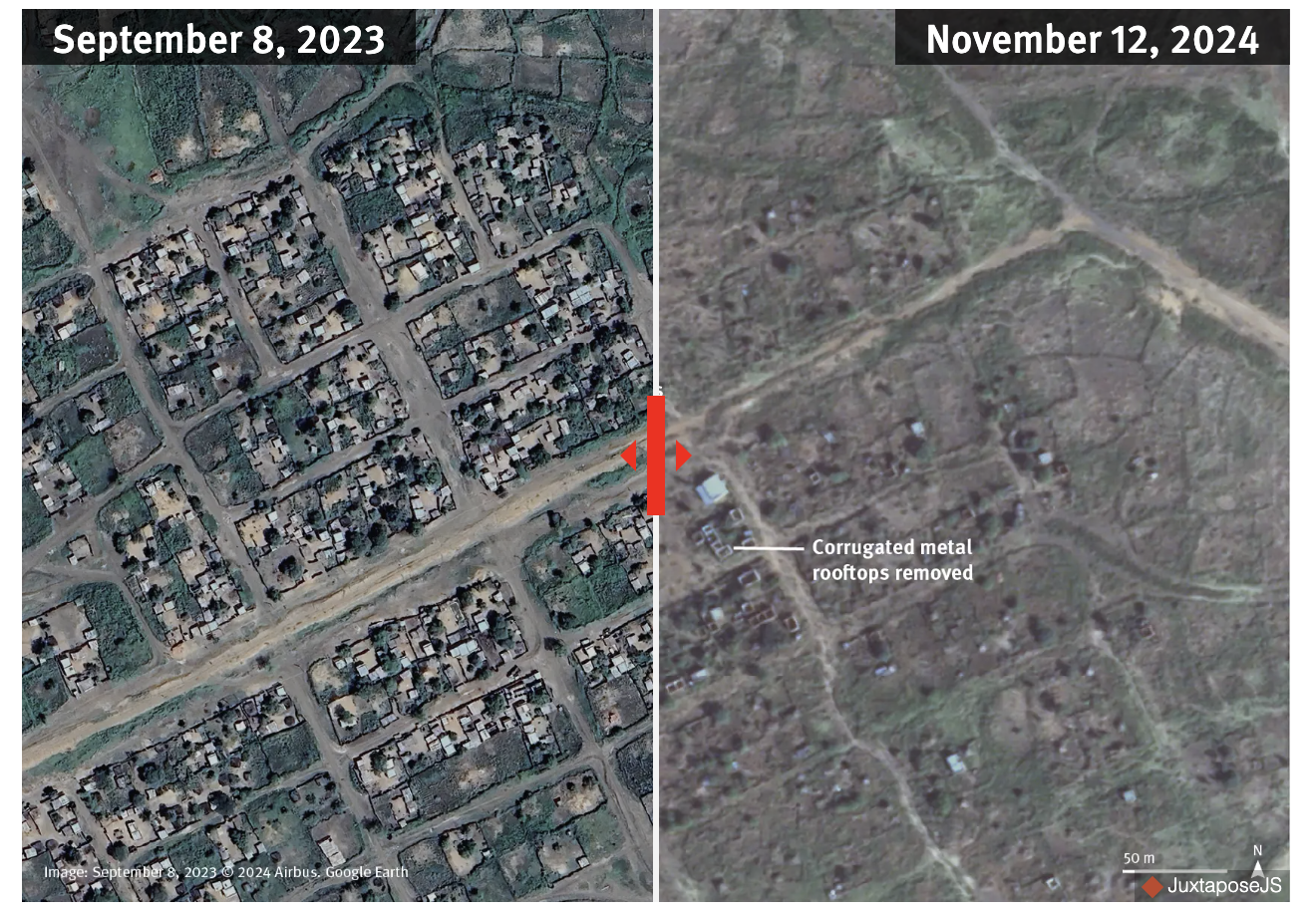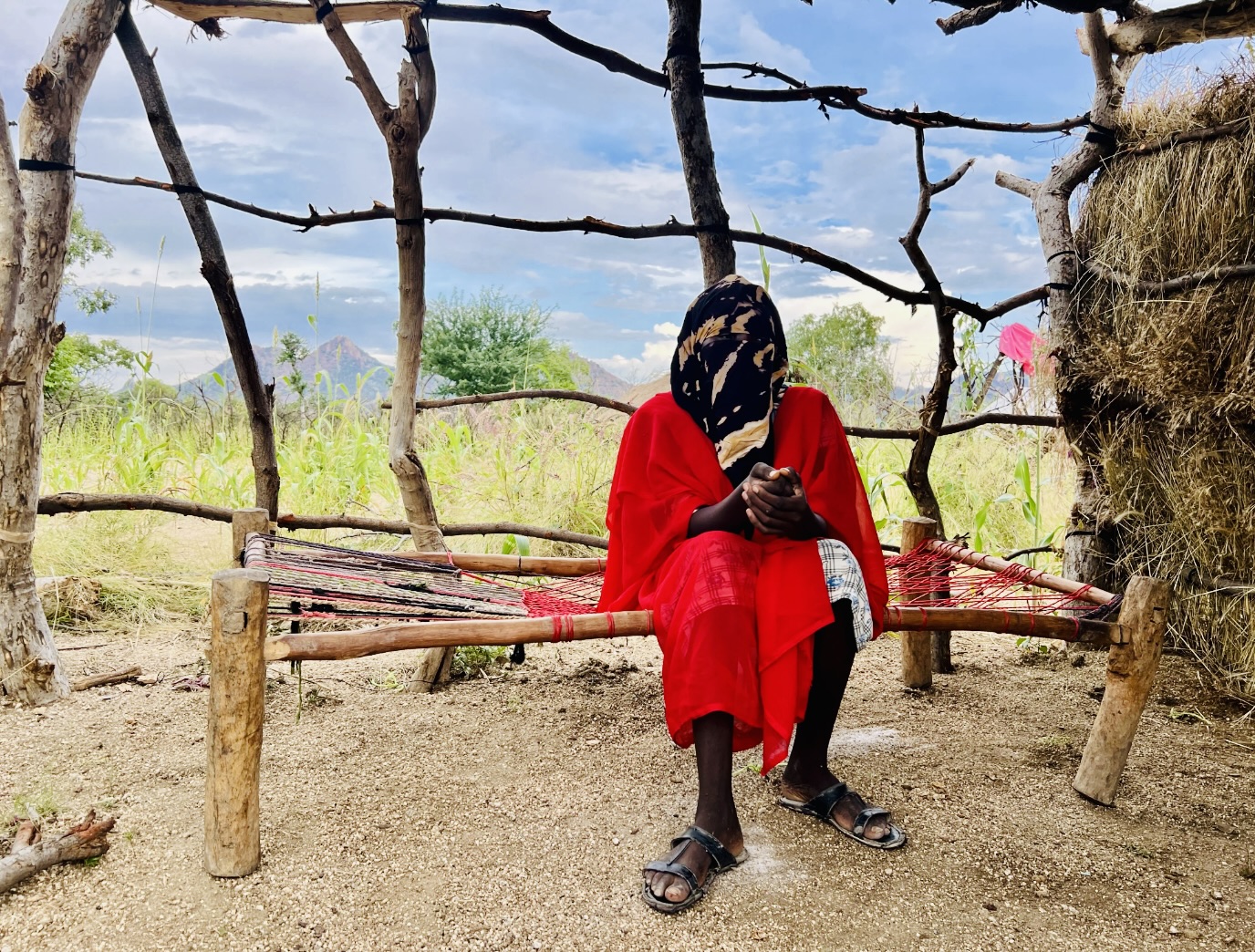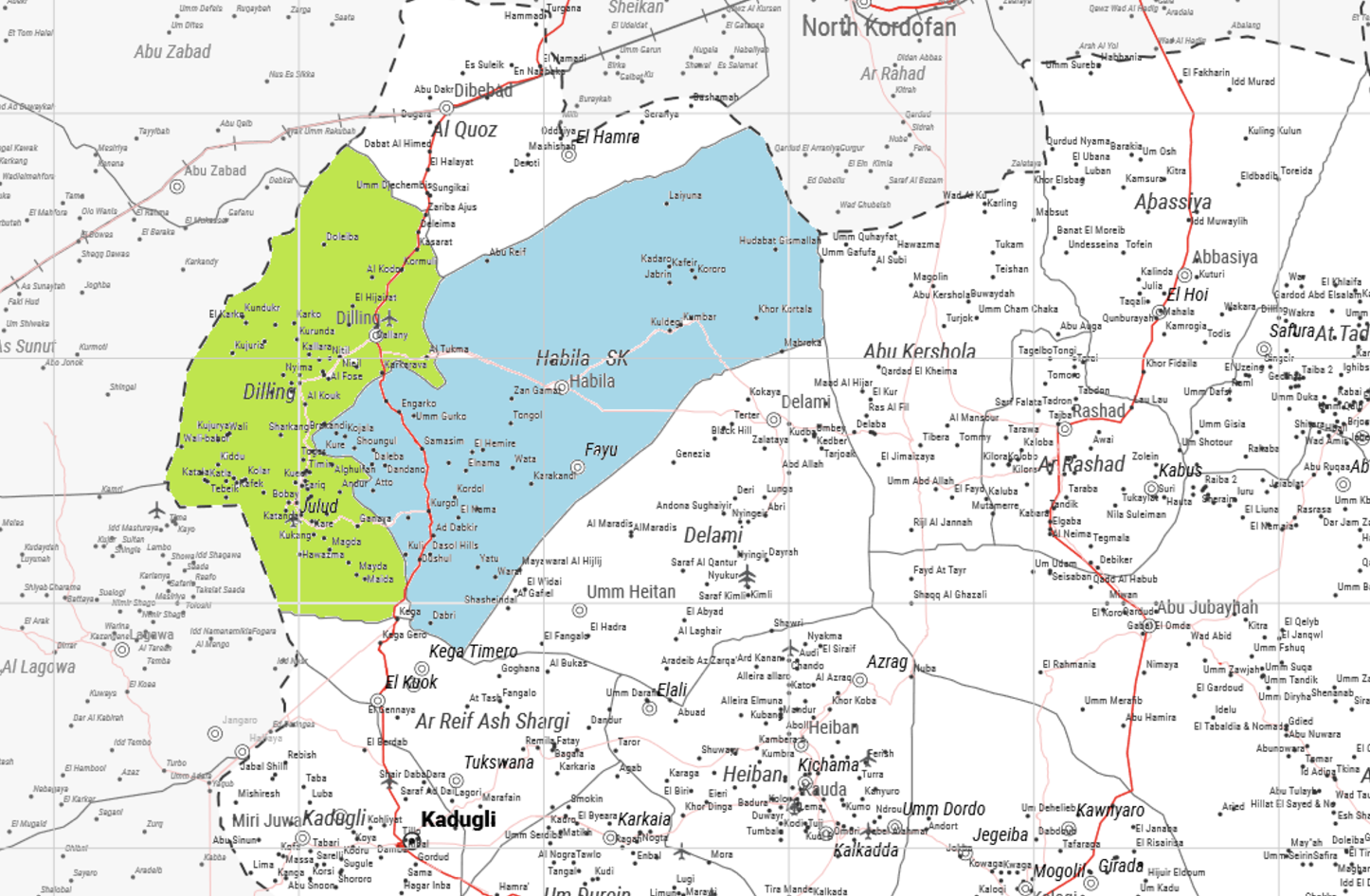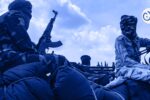South Kordofan: Widespread rape of women in the Nuba Mountains
16 December 2024
Rapid Support Forces (RSF) fighters and allied militias have raped scores of women and girls, including in the context of sexual slavery, in Sudan’s South Kordofan State, according to the human rights monitoring organisation, Human Rights Watch.
The organisation’s findings, which document 79 cases of rape of girls and women aged 7 to 50, paint a horrific picture of targeting women in the Nuba Mountains area of South Kordofan State. The majority of these incidences were gang rapes that occurred in and around the towns of Habila and Fayu, detailing cases of RSF soldiers assaulting these women in their homes—even cases of holding survivors in captivity as sexual slaves.

Sexual slavery
According to one survivor cited in the HRW report, 18-year-old Hania* and her 17-year-old neighbour were kidnapped by RSF members in their home in Fayu, South Kordofan State. Her neighbour and 16 other girls were taken by the soldiers to Dibeibat, 85 kilometres north of Fayu, HRW reported. From here, roughly 100 RSF soldiers held 33 women and girls, from 13 to 28 years of age. The soldiers would come in groups of three and systematically rape them in the mornings and evenings. Barely fed and shackled like animals, several of the women were impregnrated by the assaults. Hania remained captive for three months until she managed to escape.
According to Hania, fighters in Dibeibat said that two more RSF facilities in the region housed other groups of women and girls. While Hania eventually escaped, her mind remains trapped, continually tortured when she remembers what she endured. “I don’t think I will be well,” Hania told HRW, “everyday I get very depressed and start crying.”

Human Rights Watch highlighted the lack of justice and support for survivors. One survivor expressed despair, saying, “No one can help us. We have no choice but to hope for change from those in power.”
The findings have been shared with relevant authorities and international bodies, but so far, there has been little response or acknowledgement of these incidents, according to the report. Human Rights Watch revealed that on November 25, they shared a summary of their findings and related questions with Gen. Mohamed Hamdan Daglo, the RSF commander, but have not received a response.

No one is safe: Sudanese activists
The immense challenges women in South Kordofan State are reflective of the entire populace, says Sara*, an activist with family trapped in the state. Speaking under a pseudonym for security reasons, she describes a dire situation of kidnapping, starvation, and violence worsened by the near total absence of humanitarian aid.
“The people in Kordofan are going through diverse brutality—kidnappings, forced starvation, water prevention, and much more,” Sara says. “They were and still are struggling to survive and make it through each day.”
Sara recounts the harrowing experiences of her family. The RSF in the Sodari locality recently kidnapped her uncle and demanded a ransom in gold, which was an impossible amount for many people in the state. While he was eventually released, communication with her relatives remains dangerous and sporadic. The family uses multiple phones to avoid detection but can go for days or weeks without contact.
Food is scarce, with families relying on what little food they can grow or smuggle. Contaminated water, shared with animals, causes widespread stomach illnesses. Many are resorting to eating grass, leaves, or even soil to stave off starvation. Sara’s family has cut their meals to just one per day, prioritising children and elders.
“My mother has severe asthma and high blood pressure, and my grandmother suffers from heart failure,” she explains. “They need specific diets and medication, but they don’t even have enough food to survive; sometimes the youngest sacrifice their one meal so they can eat.”
Sexual violence is pervasive, with women and girls often targeted in random attacks. “There are many cases of sexual violence and rape,” she says, but “the victims have asked us not to talk about it because they are still suffering from what happened to them.” She explains that survivors endure both physical and emotional trauma, often developing severe infections like bacterial and fungal diseases as a result of the abuses.
Sara and other activists are trying to send medicines and blankets to help the girls, who are struggling with infections caused by the violence.
Since the outbreak of military conflict in Sudan 20 months ago, the paramilitary Rapid Support Forces (RSF) have been at the centre of allegations of widespread atrocities in areas under their control. Reports from survivors, human rights organisations, and finding missions paint a grim picture of systematic abuses, including sexual violence, forced slavery, and kidnapping.
* A pseudonym to protect identity



